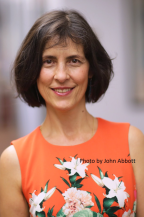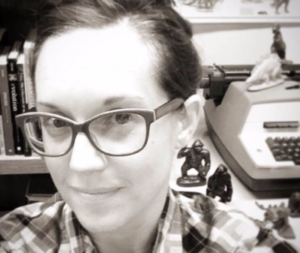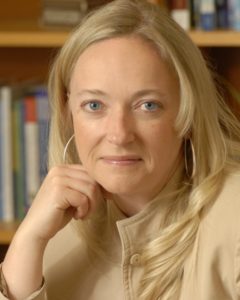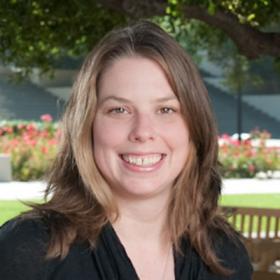
Inmaculada de Melo-Martín is Professor of Medical Ethics in Medicine and Reproductive Medicine and Professor of Healthcare Policy and Research at Weill Cornell Medical College, where her research focuses on the intersection of bioethics, philosophy of science, and public health. She is co-author of The Fight Against Doubt: How to Bridge the Gap Between Scientists and the Public (2018) with Kristen Intemann. She was also recently announced as the new president elect of the Society for Philosophy and Technology.

Joyce C. Havstad is Assistant Professor of Philosophy at Oakland University, specializing in philosophy of science (biology, chemistry, medicine, and paleontology), STS, and science policy. Much of her work has drawn on background training in scientific practice, including fieldwork experience in a marine reserve, gene expression lab, and the Field Museum of Natural History. She is also an avid public philosopher, utilizing various media (comics, video games, youtube) as tools for improving philosophy outreach and pedagogy.

Kristen Intemann is Professor of History and Philosophy and Chair of Women’s, Gender, and Sexuality Studies at Montana State University, where she specializes in ethics, philosophy of science, and feminist philosophy. She is co-author of The Fight Against Doubt: How to Bridge the Gap Between Scientists and the Public (2018) with Inmaculada de Melo-Martín. Among her other accomplishments, she has become a prolific and important contributor to the increasingly relevant literature on science and values.

Clair Morrissey is Associate Professor of Philosophy at Occidental College, specializing in moral/political philosophy and practical ethics. Her research interests include bioethics, environmental ethics, aesthetics, and the value of scientific inquiry. She also leads a collaboration with the Biology department’s fieldwork research program at the Organization for Tropical Studies’ La Selva Biological Station and Reserve in Costa Rica, where philosophy faculty and undergraduates are embedded within and assist with ecological fieldwork.